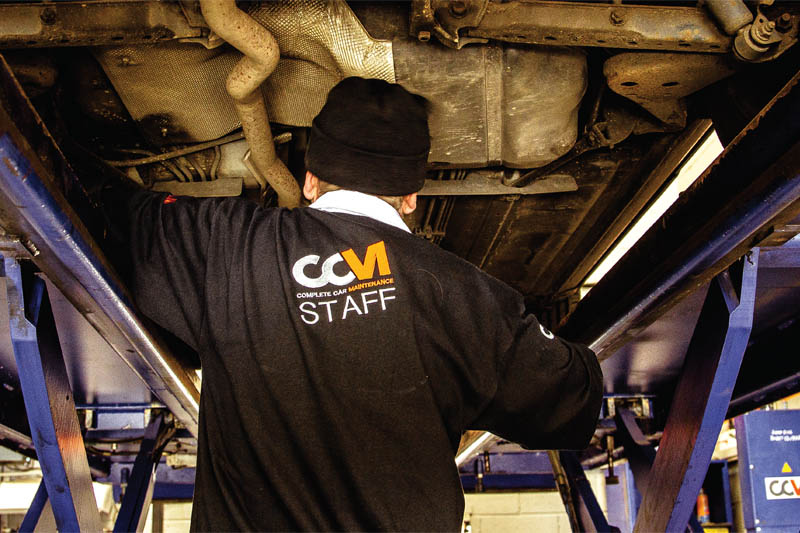
Tina Drayson, Operations Manager at independent garage CCM, discusses how business owners and managers can create a motivational and nurturing culture within the workplace environment.
A workplace culture is an idea more commonly associated with big corporations, but can this be extended to the independent garage sector? The answer is a resounding ‘Yes!’. Culture is about having a place of work where every member of staff feels valued and respected. How do we achieve this? It is not just about giving them Christmas parties, Christmas bonuses, and breakfast on a Friday. These things are important, but it is not the whole story. You need to tap into the workforce’s emotional side.
Have a vision
A vision will define you, your passion and your values, whilst also providing every member of the team with motivation to match your expected work ethic and your commitment to your customers. It is vital that you have a positive company culture if you want staff to be at their best; having a vision sets the standard.
Continuous learning
Our industry is rapidly evolving. No matter who you are, nobody can ever say that they are fully qualified. There are always things to learn, and it’s important to make sure your staff understand that. You should do your best to enable your staff to keep learning, giving them every opportunity to train and learn new skills. If needed, let them do this during your time. Why not? After all, it is for your benefit. Quality family time is scarce enough as it is, let alone if your staff have to train outside of work as well.
Take a step back
Do not micromanage! If you cannot trust someone to do the job that they have been employed to do, then you have the wrong person. Sure, put parameters, processes, and measures in place. However, ensure that you create conditions that give staff autonomy; I would even go so far as to ask them to set their own goals. Such a move will empower them, and staff are far more likely to strive to achieve if they are reaching for goals that they have set themselves, rather than those set for them.
Always listen
Staff carry out their roles daily. They are the ones with the best knowledge of the processes, and therefore understand what is and isn’t working. A manager should therefore listen to their views and admit that they do not always know what is best.
Embrace ideas and viewpoints in order to allow staff to reach their full potential. It will not only make them feel valued, but it could save time and money in the process.
Communicate
There is no such thing as too much communication. It’s important and motivating to know how the business is performing, even if it’s not going well. Otherwise, the workforce will only speculate. Also, say thank you! They are two short words that go an exceptionally long way. Small gestures like saying ‘thank you’, show that you are empathetic and approachable. You might be pleasantly surprised by the results of these simple steps.
Mistakes happen
It’s only natural that mistakes occur, but it’s how we deal with them that is crucial. Embrace the concept of ‘Assume Positive Intent’. Do you want staff to be so afraid that they try to cover up their mistakes? I very much doubt it. The alternative is to generate a positive place for staff to be open and honest about mishaps, ensuring that they use those instances as opportunities to learn.
Put your trust in people
Some of you will be thinking that some staff would take advantage. That may be the case, but by having a good culture, these people will soon show their true colours. The real question is: Do you want a member of staff that ticks all the boxes in relation to skill set, but has a negative approach? Or do you want a member of staff that fits the culture? New skills can be learnt, but changing a person’s mindset has to come from them.
At CCM, we are not perfect, but with help and guidance from others, we are continuously striving to give our staff a better culture. The pandemic has shown that this is paying off. Our team have been great. They stepped up, going above and beyond what we asked of them because they wanted to give something back.









